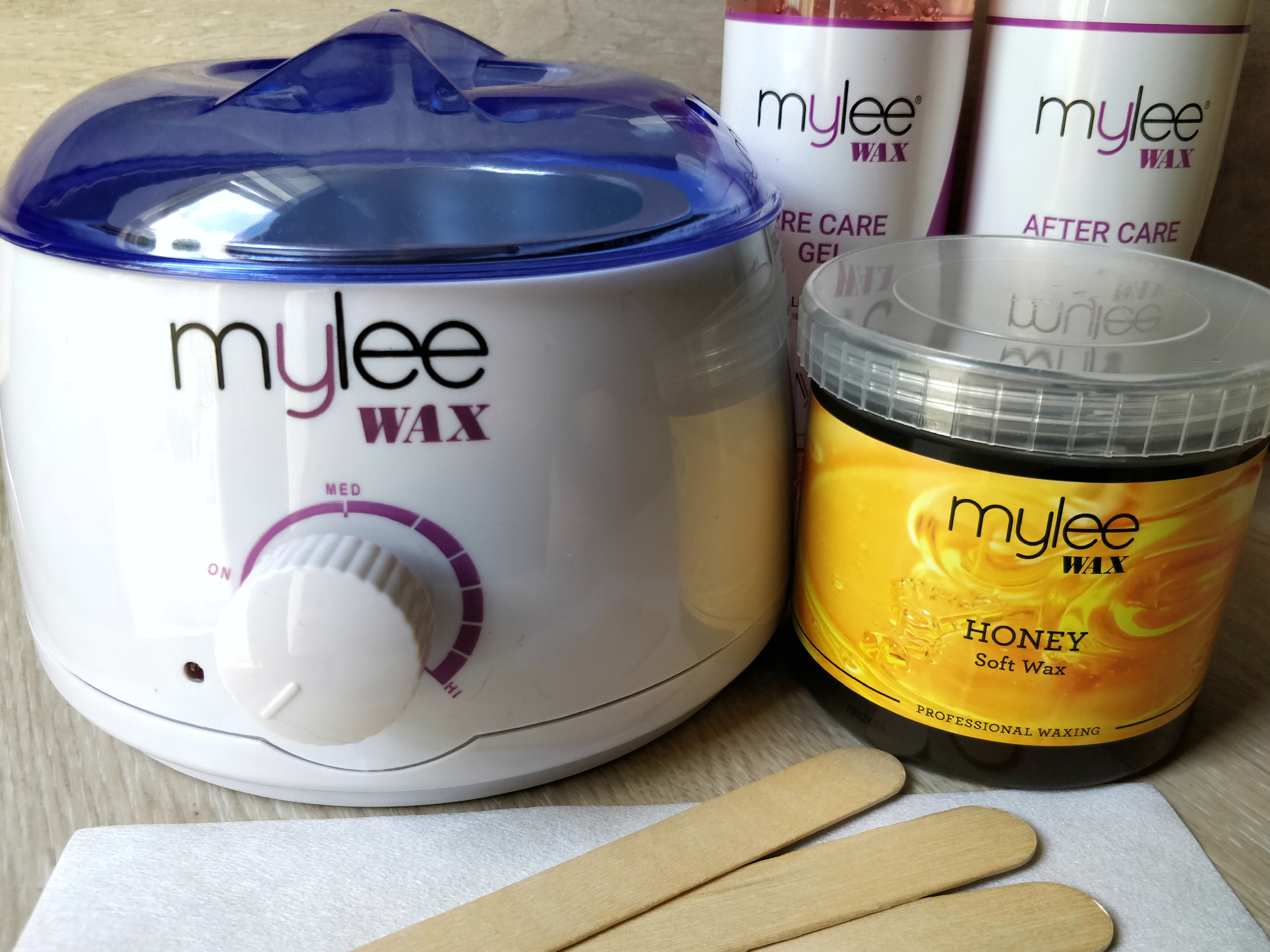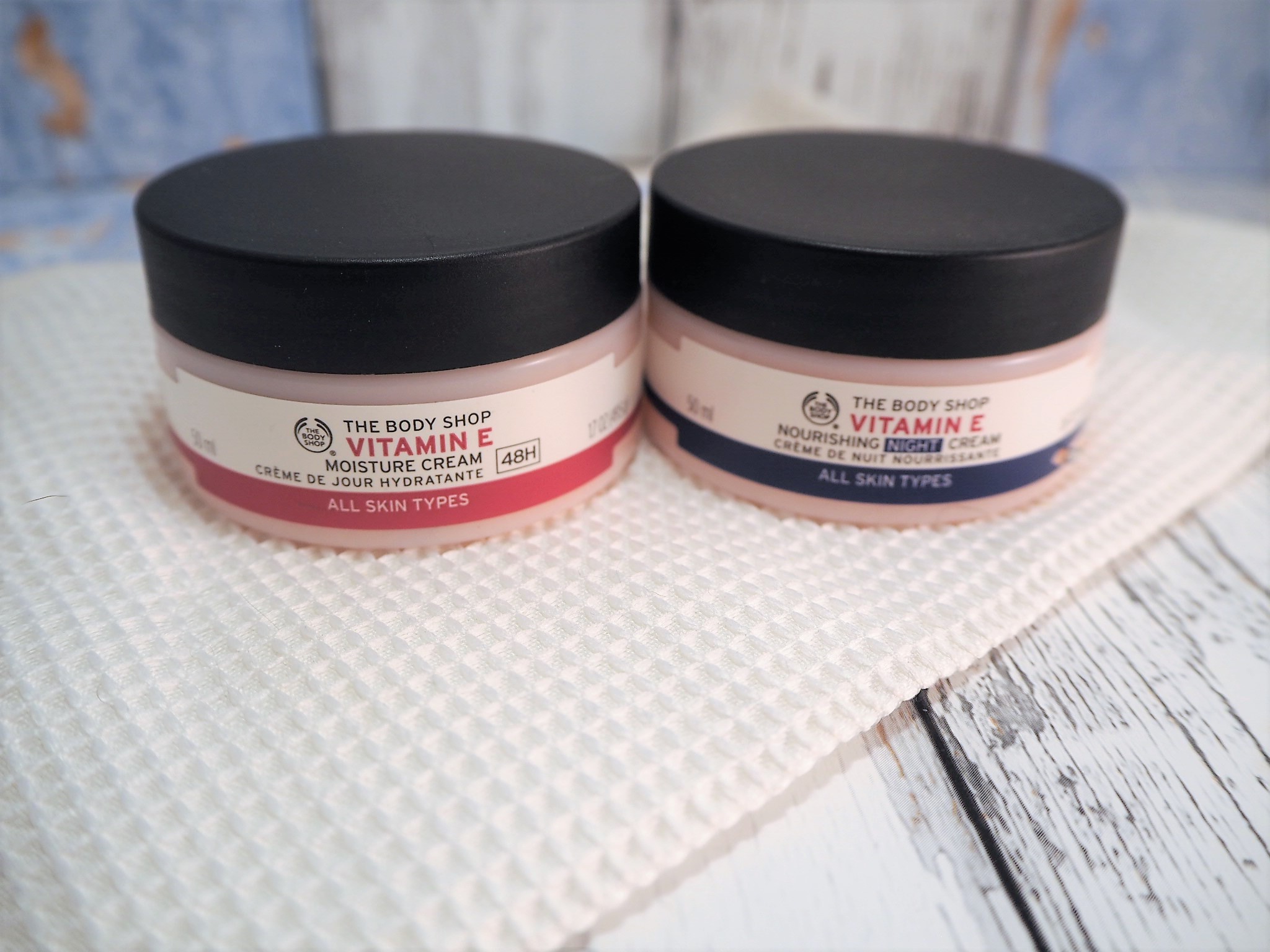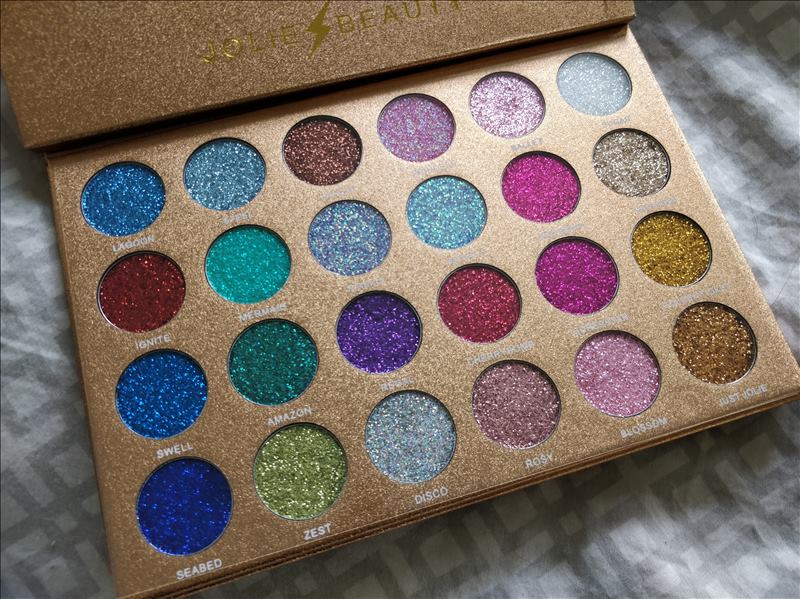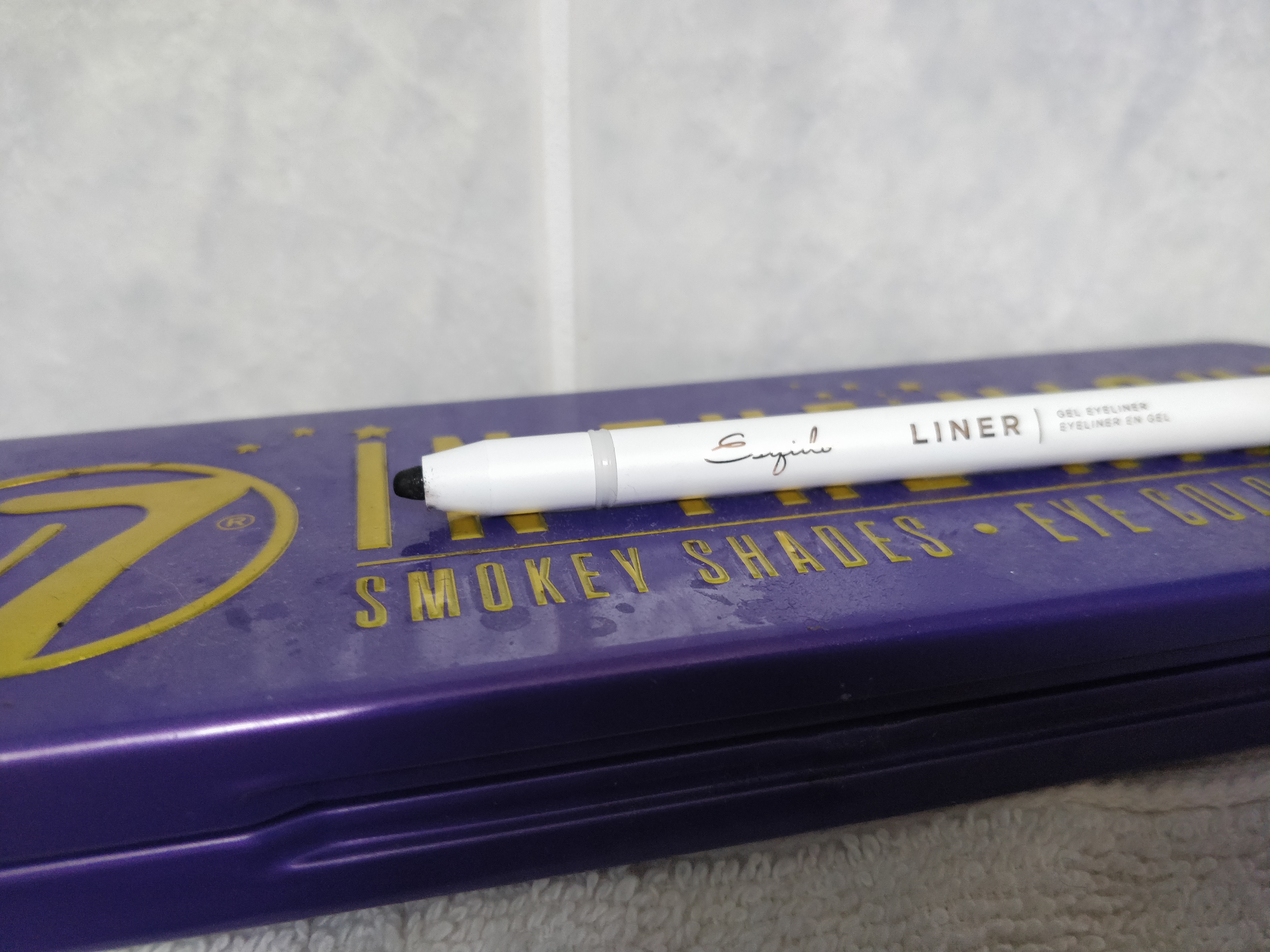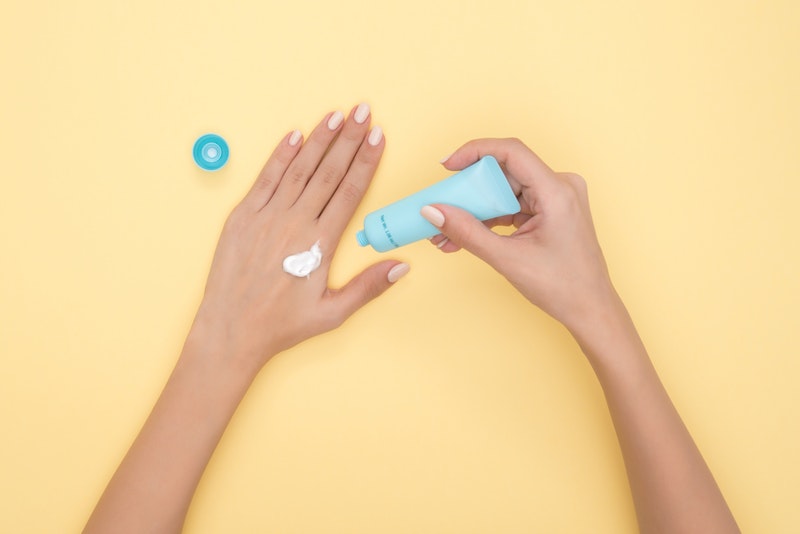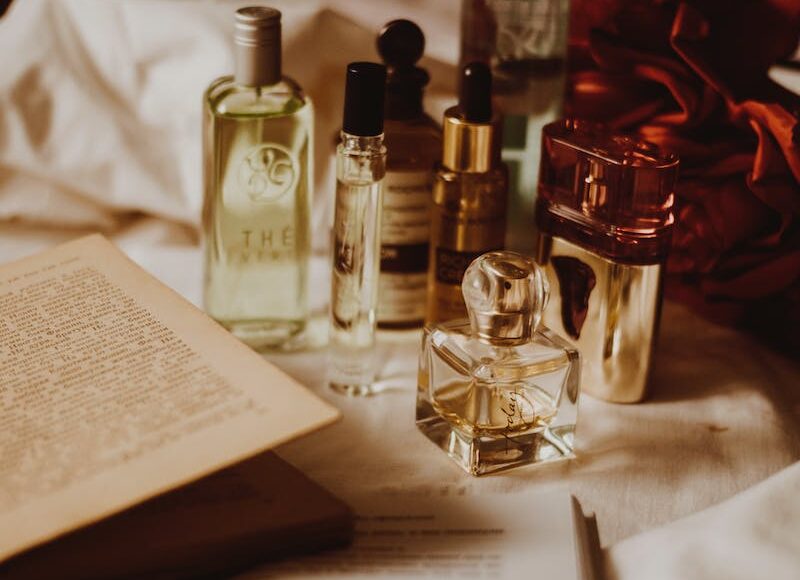Guide to Caring for Skin Prone to Acne and Blemishes
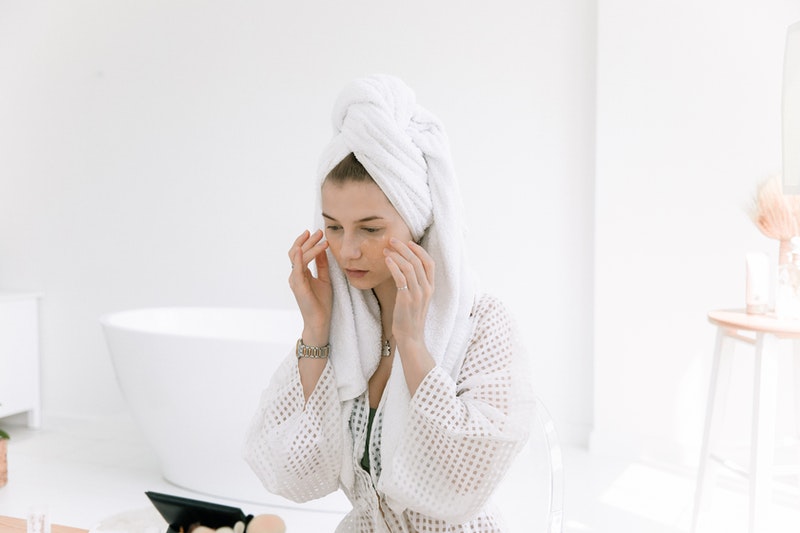
It is an enviable way to be able to see a spot and think nothing of it – on Twitter and Instagram this approach is referred to as #acnepositive. It is something to aspire to but a breakout is a big deal for many and can have a substantial impact on our view of ourselves. For many it is a guaranteed trip down a frustrating road of ineffectual rapid fixes, covering up or even stopping going out altogether.
Two important considerations are worth keeping in mind when it comes to a breakout:
- They are temporary. Everything passes. Everyone’s skin is subject to rough times thanks to stress, hormones or these days wearing a mask for prolonged periods.
- There are things you can do for both your skin and the way you think about it.
Depending on the severity and frequency of your breakouts a visit to the GP and a referral to a specialist in the form of a dermatologist could be called for. The pharmacological route may not appeal to or prove appropriate or necessary for everyone and if this is the case for you there are three great steps to help you regain control of your own skin and feel better about yourself at the same time.
Acceptance
The most difficult step for many, but inarguably the most important. Instagram has recently celebrated #acneawarenessmonth, which has shed light on the sheer diversity and range of people who struggle with acne and has helped promote the very acceptance needed. There are many great accounts like @its_just_acne who have helped to destroy the various stigmas associated with acne and promote the awareness that suffering from breakouts is normal and widespread. Over 80% of people will experience breakouts in their lifetime. If it happens to you accepting and coming to terms with the fact that you may have to focus on your skincare regime for a while will be a major step in the right direction.
The routine
When breakouts happen the temptation is to throw the kitchen sink at the problem in the form of dramatic kill or cure type treatments that are counterproductive as your skin needs a more ‘softly, softly’ approach and the sort of consistency that the word ‘routine’ implies. Simplification of your routine can be the most effective strategy. For instance, wash your face morning and night only.
Cleanse once and at night time, as this is when you will have the biggest build-up of pore-clogging culprits after a day accumulating grime.
Use toner. It is great for using after a cleanse as it helps remove excess oil and prepare the skin for moisturising.
Moisturising your skin is also vital. Dry skin is more prone to overcompensating by producing more oil, which causes clogged pores and more breakouts.
Avoid any very harsh products which lead to dry, tight and uncomfortable skin and remember that a routine needs time to work. Give your routine at least 8 weeks for a noticeable impact. If you struggle with acne scars, you may also consider one visit to a specialised dermatologist to seek the best treatment for your case. Scar treatments range from chemical peels to scar revision surgery.
Recovery
After acceptance and the successful implementation of a routine that helps you will hopefully find that your breakouts are more under control. Here is when it is appropriate to introduce new elements (albeit cautiously) into your routine. You should only add one product or extra step at a time in order to identify any irritants.
You should, by taking these pieces of advice on board, be able to address your acne methodically and calmly – making a real difference to your skin’s health as well as helping you develop the right state of mind to deal with any breakouts.
